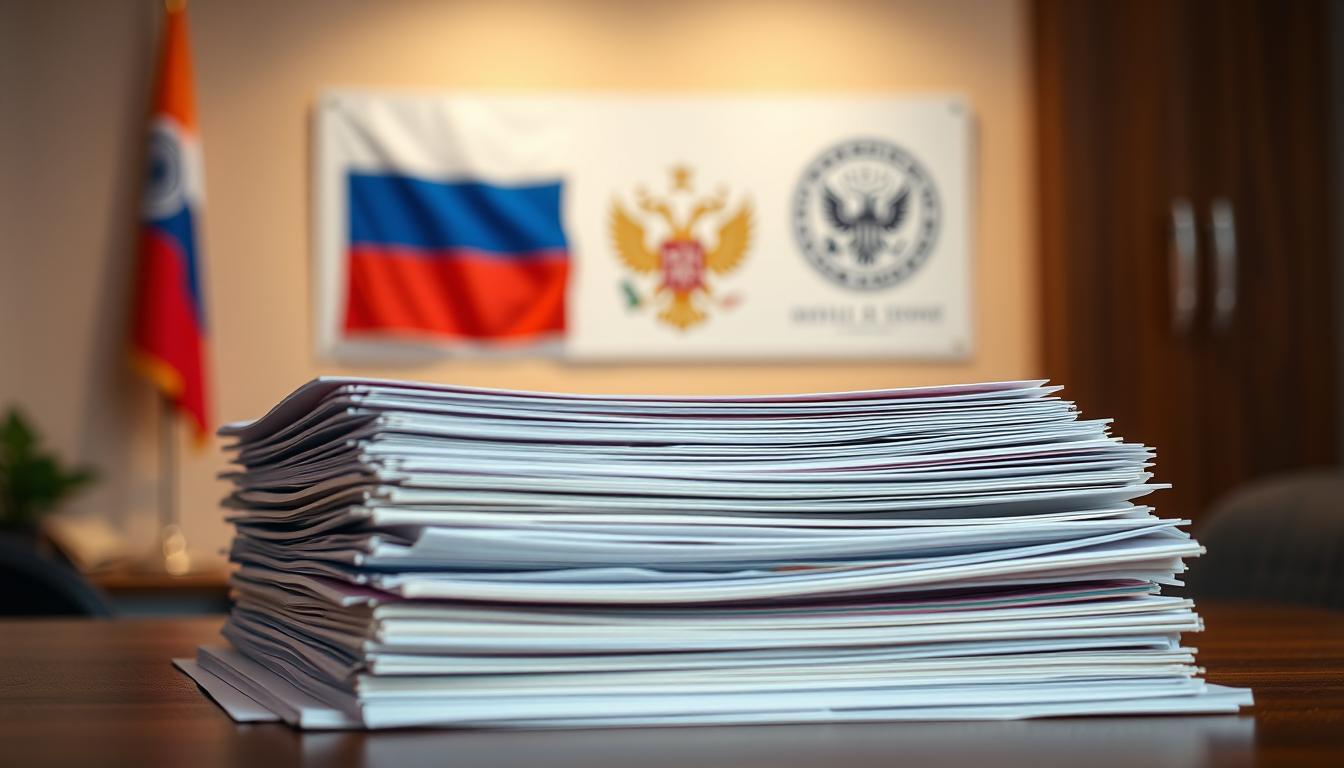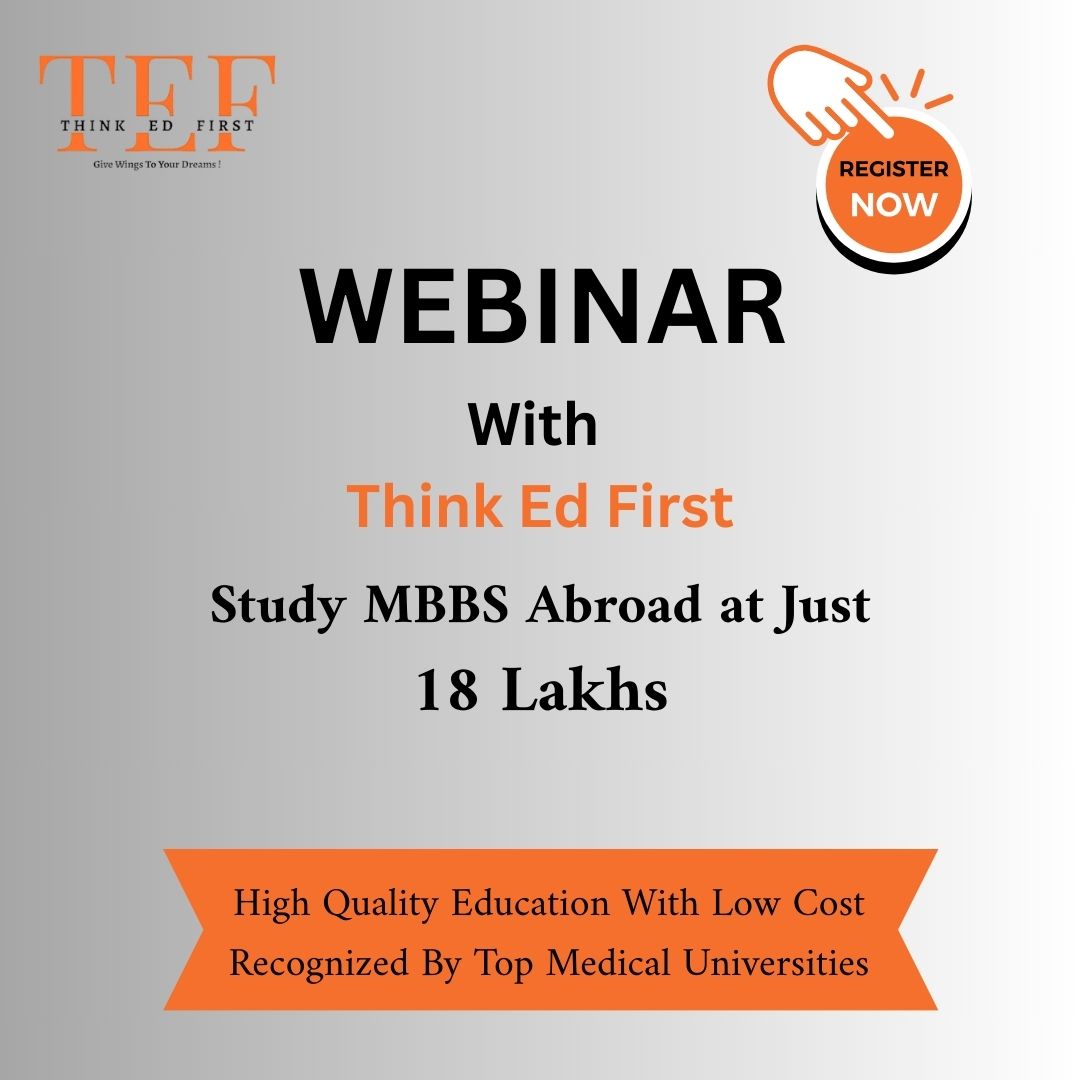Are you an Indian student dreaming of a medical career abroad? Have you ever wondered what it takes to make that dream a reality? The journey to studying medicine overseas begins with one crucial step: preparing the right documents. Without them, even the most promising opportunities can slip away.
We understand how overwhelming the admission process can be. That’s why we’ve created a comprehensive guide to help you navigate the requirements seamlessly. From your passport details to academic certificates, every piece of paperwork plays a vital role in securing your spot.
Whether it’s ensuring your passport is valid for at least two years or gathering the correct number of photographs, we’ve got you covered. Our checklist will walk you through each step, making the process clear and stress-free. Ready to take the first step toward your medical education? Let’s dive in!
Understanding the Admission Process for MBBS in Russia
Starting your journey to study medicine abroad requires careful planning and understanding of the admission process. From eligibility criteria to application steps, each phase plays a crucial role in securing your spot. Let’s break it down to make it simple and stress-free.
Overview of Eligibility and NEET Requirements
To apply for medical programs abroad, you must meet specific eligibility criteria. For Indian students, qualifying the NEET exam is mandatory. Additionally, you need a minimum of 50% marks in Physics, Chemistry, and Biology in your higher secondary education. These requirements ensure you’re prepared for the rigorous academic journey ahead.
Steps in the Application and Admission Procedure
The application process is straightforward if you follow these steps:
- Fill out the online application form with accurate details.
- Upload required documents, including academic certificates and passport copies.
- Wait for document verification and receive an invitation letter from the university.
- Apply for a student visa and prepare for your departure.
Most universities have an application window from April to October. It’s essential to apply early to avoid last-minute hassles. Additionally, ensure your passport is valid for at least 18 months before applying.
Many students have queries about entrance exams and language proficiency. The good news is that most medical programs are offered in English, eliminating the need for additional language exams. However, it’s always a good idea to check the specific requirements of your chosen university.
Universities play a significant role in streamlining the admission process. Accurate applications and timely submissions can make a big difference. By following the guidelines and staying organized, you can make your dream of studying medicine abroad a reality.
MBBS in Russia document checklist
Preparing the right paperwork is the foundation of your medical education journey abroad. To ensure a smooth application process, we’ve outlined the essential documents you’ll need. Each piece of paperwork plays a critical role in securing your spot in the program.
Academic and Identification Documents
Start by gathering your academic records. You’ll need your 10th and 12th mark sheets, along with your NEET scorecard. These documents verify your eligibility for the course. Ensure all mark sheets are notarized and translated into Russian if required.
Identification proofs like your passport and birth certificate are equally important. Your passport must be valid for at least 18 months. Double-check these details to avoid delays in your application.
Visa, Invitation, and Immigration Paperwork
Once you receive your invitation letter from the university, apply for a student visa. The letter is a crucial part of the visa process. Along with it, submit your passport, recent photographs, and proof of fee payment.
When entering the country, you’ll receive an immigration card. Keep this safe, as it’s required for registration and other formalities. Proper visa and immigration paperwork ensure a hassle-free start to your studies.
Additional Supporting Documents and Legalizations
Some documents may require legalization from the Russian Embassy. These include your medical health certificate and HIV/AIDS test results. Ensure these are up-to-date and meet the specified requirements.
Bank receipts confirming tuition fee payments are also necessary. These serve as proof of financial readiness for the program. Organize all supporting documents meticulously to avoid last-minute issues.
Each document is a stepping stone toward your medical education. For more insights on affordable medical programs abroad, explore our guide on studying MBBS abroad at low cost.
Tips for Students: Preparing and Legalizing Your Documents
Navigating the process of preparing and legalizing your paperwork can be a game-changer for your medical education journey. Proper preparation ensures your application is complete and meets all requirements. Let’s explore some practical tips to make this process smooth and stress-free.
Best Practices for Document Verification
Start by verifying the authenticity of your documents. Double-check academic records, identification proofs, and other required paperwork. Ensure all details are accurate and match the information provided in your application.
Organize your documents in a folder or digital file for easy access. Keep multiple copies of each document to avoid delays in case of loss or damage. This step is crucial for a seamless admission process.
Guidance on Translating and Notarizing Documents
If your documents are not in Russian, you’ll need certified translations. Visit a recognized translation agency or the Russian Embassy for this service. Ensure the translations are accurate and include all necessary details.
Notarization is another critical step. Get your documents notarized by a certified authority to validate their authenticity. This process is often required for academic records and identification proofs.
Here’s a quick summary of the steps for document preparation and legalization:
| Step | Action |
|---|---|
| 1 | Verify authenticity of documents |
| 2 | Organize and make multiple copies |
| 3 | Get certified translations if required |
| 4 | Notarize documents for validation |
Managing tuition fee receipts is equally important. Keep all payment confirmations safe, as they serve as proof of financial readiness. These receipts are often required during the visa application process.
Lastly, plan your time effectively. Document verification and legalization can take time, so start early to avoid last-minute hassles. For more insights on affordable medical programs, explore our guide on how to apply for MBBS in.
Conclusion
Securing your place in a medical program abroad starts with meticulous preparation. Meeting every eligibility criterion and completing the checklist is essential for a smooth admission process. Begin well before the admission year to ensure all paperwork is verified and legalized, including your visa.
Timely preparation not only simplifies the process but also helps you transition seamlessly into the program. Proper verification of academic records and identification proofs ensures your application stands out. For a comprehensive educational experience, consider institutions like Perm State Medical University, which offers globally recognized programs.
We are committed to providing clear and actionable guidance for Indian students aiming to pursue their medical dreams. Start early, stay organized, and take the first step toward your future today.





